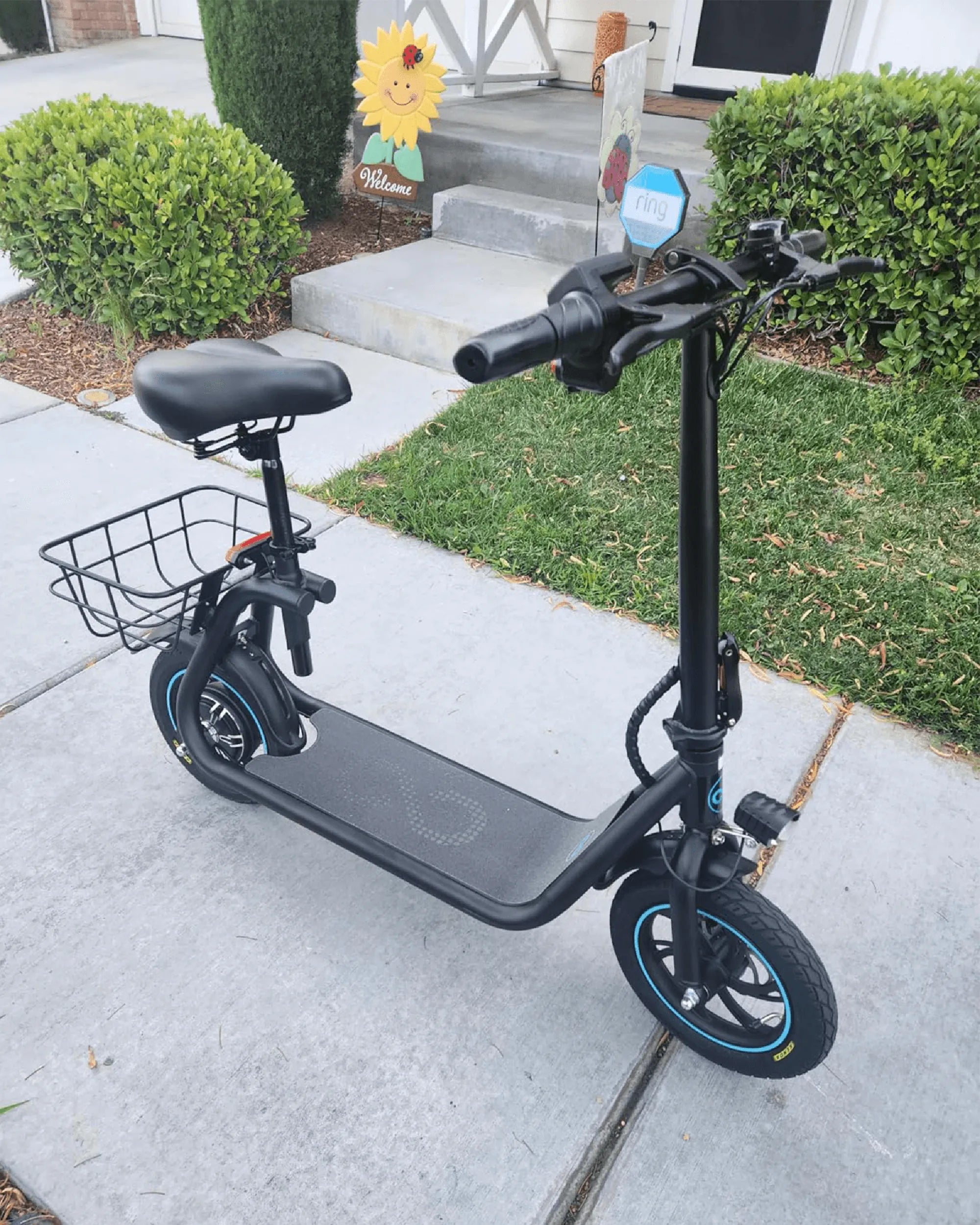Electric scooters were supposed to revolutionize urban transportation in Philadelphia, offering a convenient, eco-friendly alternative to cars and public transit. But recently, the buzz around these zippy two-wheelers has quieted. Riders are noticing fewer scooters on the streets, and the once-thriving micro-mobility scene seems to have hit a roadblock. What happened? Let’s dive into the reasons behind the stall and what it means for the city’s future.
The Rise and Fall of Electric Scooters in Philadelphia
Just a few years ago, electric scooters were everywhere in Philadelphia. Companies flooded the market, and riders embraced them for short trips, commutes, and leisurely rides. The convenience was undeniable—no traffic jams, no parking hassles, and a fun way to get around. But the rapid expansion came with growing pains.
Regulatory Roadblocks
One of the biggest challenges has been regulation. Philadelphia’s city officials struggled to keep up with the sudden influx of scooters. Concerns about safety, sidewalk clutter, and rider behavior led to stricter rules. Permitting delays, caps on the number of scooters, and designated parking zones slowed down operations. For scooter companies, these hurdles made it harder to maintain profitability, leading some to scale back or exit the market entirely.
Safety Concerns and Public Perception
Accidents and injuries involving electric scooters also fueled skepticism. Riders weaving through traffic, ignoring traffic laws, and leaving scooters haphazardly on sidewalks frustrated pedestrians and drivers alike. The city responded with safety campaigns and stricter enforcement, but the damage to public perception was done. Many potential riders began to see scooters as more of a nuisance than a solution.
The Impact on Commuters
For daily commuters, the decline of electric scooters has been a mixed bag. Those who relied on them for last-mile connectivity now face fewer options. Public transit and biking remain alternatives, but neither offers the same flexibility. On the other hand, pedestrians and drivers are relieved to see fewer obstacles on sidewalks and roads.
What’s Next for Micro-Mobility in Philadelphia?
The stall in electric scooters doesn’t necessarily mean the end of micro-mobility in Philadelphia. Cities across the country are learning from early missteps and refining their approaches. Better infrastructure, such as dedicated bike lanes and scooter parking zones, could revive the industry. Meanwhile, new technologies, like improved battery life and smarter fleet management, might address some of the operational challenges.
Electric scooters may have stalled in Philadelphia, but the story isn’t over yet. With the right adjustments, they could still play a key role in the city’s transportation future. Will Philadelphia find a way to bring them back—or is it time to move on to the next big thing? Only time will tell, but one thing’s for sure: the conversation about urban mobility is far from finished.

Share:
Electric Scooters That Go 70 MPH: The Future of High-Speed Urban Mobility
Most Popular Electric Scooters: The Ultimate Guide to Choosing the Best Ride